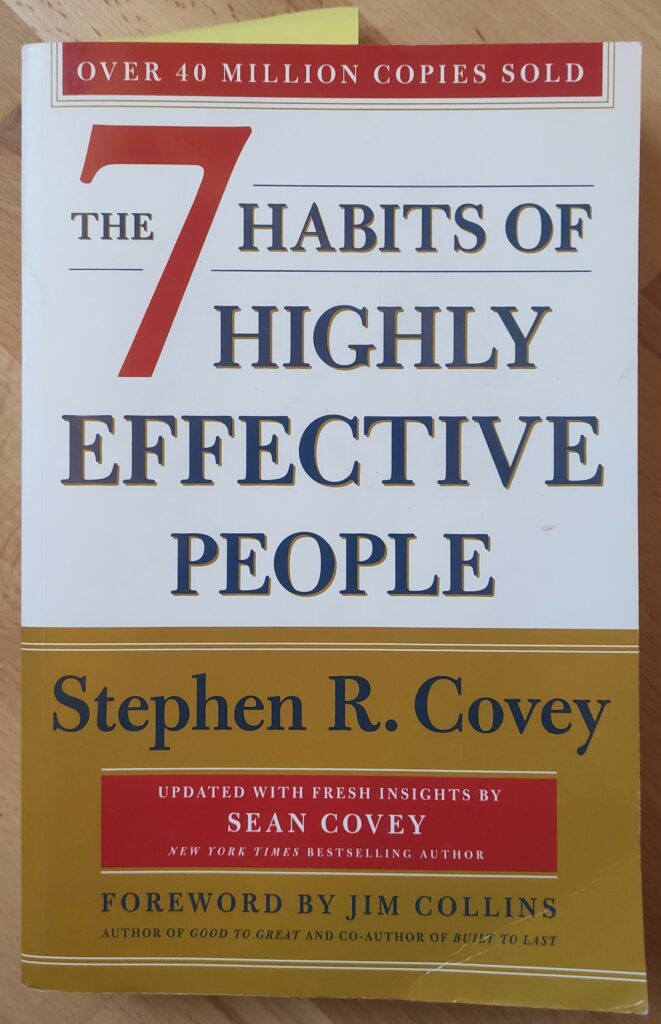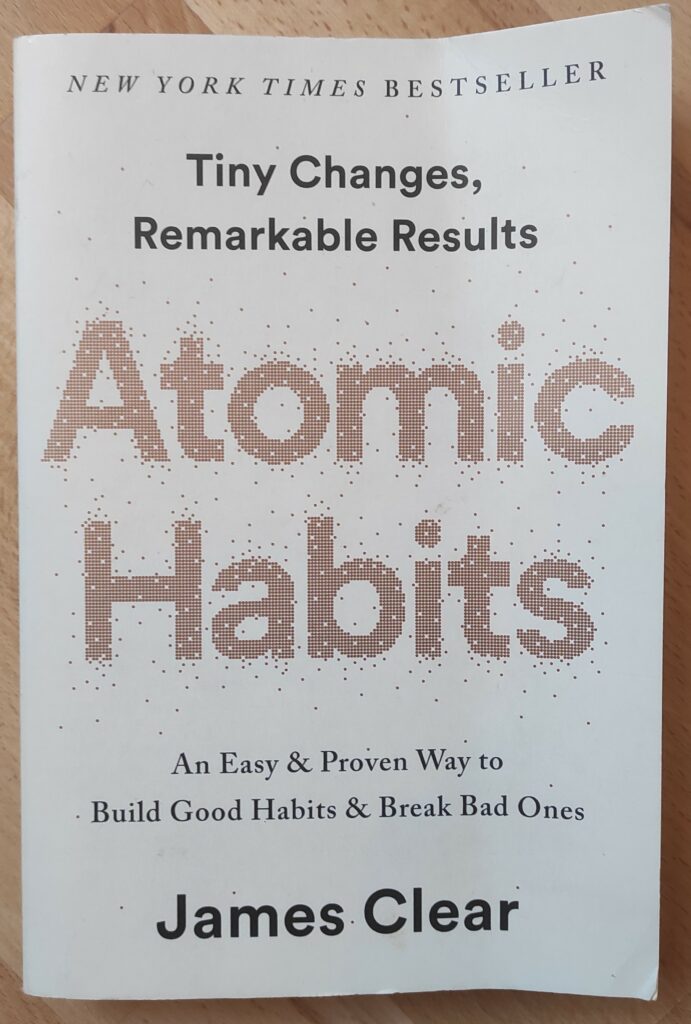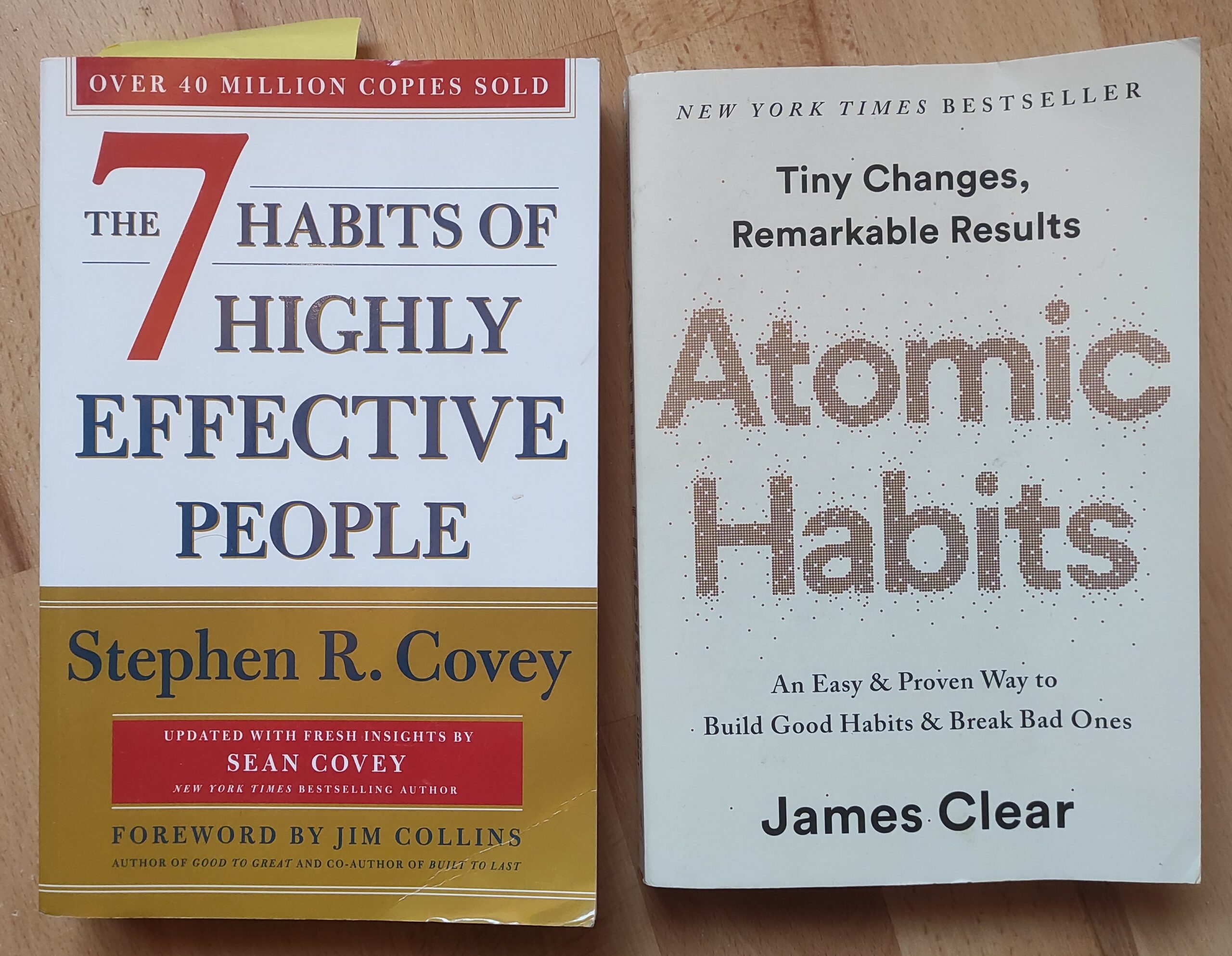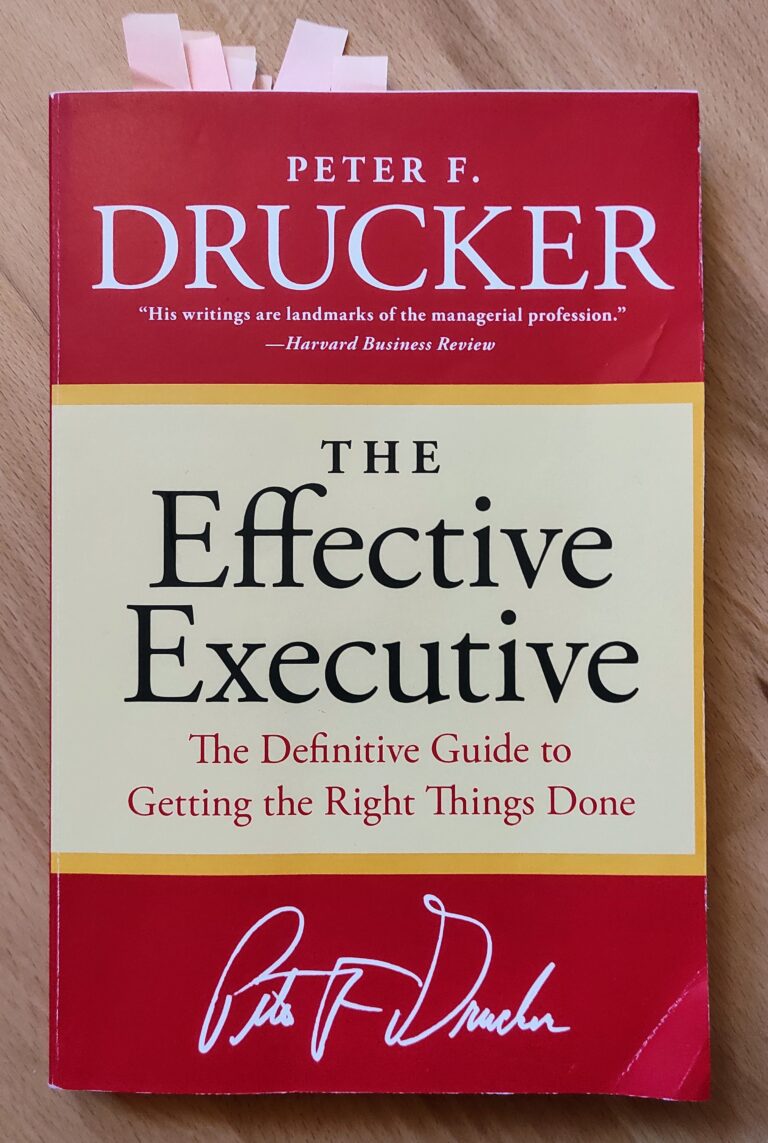Swiss-based FRENIC helps businesses go-to-market or design technology solutions that last and outperfom.

When I gave away my first copy of “The 7 Habits of Highly Effective People” that I had bought two decades ago, my colleague looked at me in disbelief that I’d even consider reading what’s behind such a cover. Granted, Scientology couldn’t have designed it better, and indeed: there are frequent mentions of the holy creator on the inside.
If you get past these superficial things then this book can be eye opening, and I’d claim there are few self-help books which influenced more people (including a whole generation of authors) than Stephen Covey’s “7 Habits”.
The book was first published in 1989 and is based on Covey’s belief that personal and interpersonal effectiveness is a function of our habits, or the things we repeatedly do in our lives. So in order to go for lasting personal changes, one needs to change habits first.
Covey describes seven universal principles for continuous personal and interpersonal improvements that span from family to community to business:
- Be proactive: Take responsibility for your life and actions. Don’t let circumstances or other people control your choices.
- Begin with the end in mind: Clarify your values and purpose in life, and create a clear vision of what you want to achieve.
- Put first things first: Prioritize your time and energy based on what’s important to you, and learn to say no to less important distractions.
- Think win-win: Look for solutions that benefit everyone involved in a situation, rather than just yourself.
- Seek first to understand, then to be understood: Listen to others deeply and try to understand their perspective before sharing your own ideas.
- Synergize: Work collaboratively with others to create something greater than what you could achieve alone.
- Sharpen the saw: Continuously improve and renew yourself in all areas of life, including physical, emotional, mental, and spiritual well-being.
Throughout the book, Covey emphasizes the importance of personal integrity, humility, and service to others as key elements of effective living. And yes: He liked Peter Drucker too. But while Druckers writing is more related to business and quote-heavy, Covey elaborates more with exemplary anecdotes from his own coaching practice, his community and his family, and everything is of more general life-advice.

This can get a bit lengthy now and then but even as an impatient reader I skipped very few paragraphs as all these stories add good context. That said, the slightly refreshed cover of the most recent paperback doesn’t help in managing expectations so Covey might just be too much for some people.
If you are less into spirituals then consider “Atomic Habits” by James Clear: It’s more modern with fewer and more to the point stories, and generally more compact by warpping all the wisdom into four steps only…
There are tons of other books on this subject matter but to me, Clear really delivers to his claim of providing “an easy and proven way to build good habits and break bad ones” basically simply by helping you implement small and incremental changes for (re-)building your everyday routines.
I’ve read hundreds of management books over the last two decades, and I just happened to have more time to read some again and stock up my library. As an impatient person and late evening reader, I confess to reading multiple books at the same time and skimming over some chapters – except for the books covered here.

